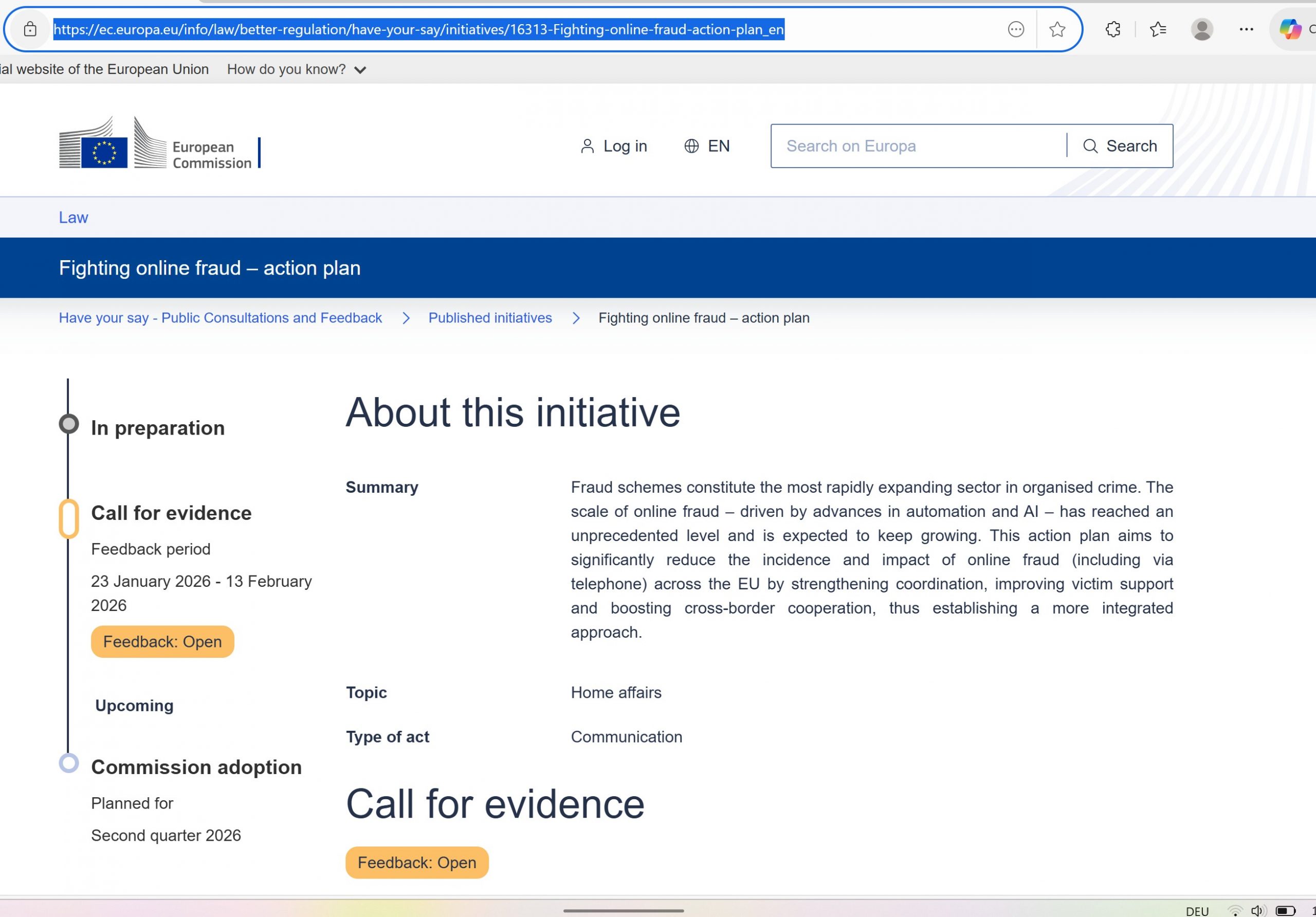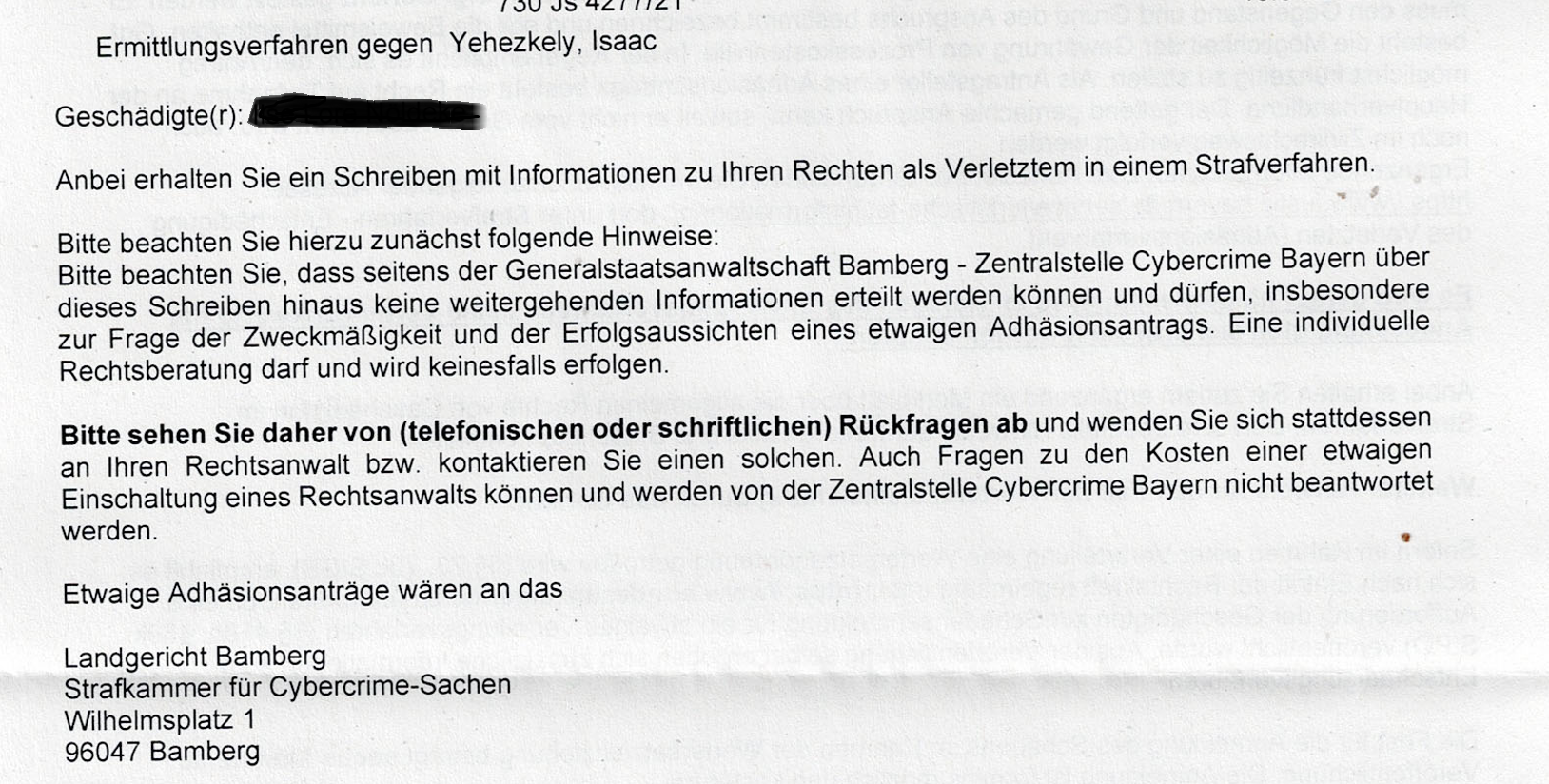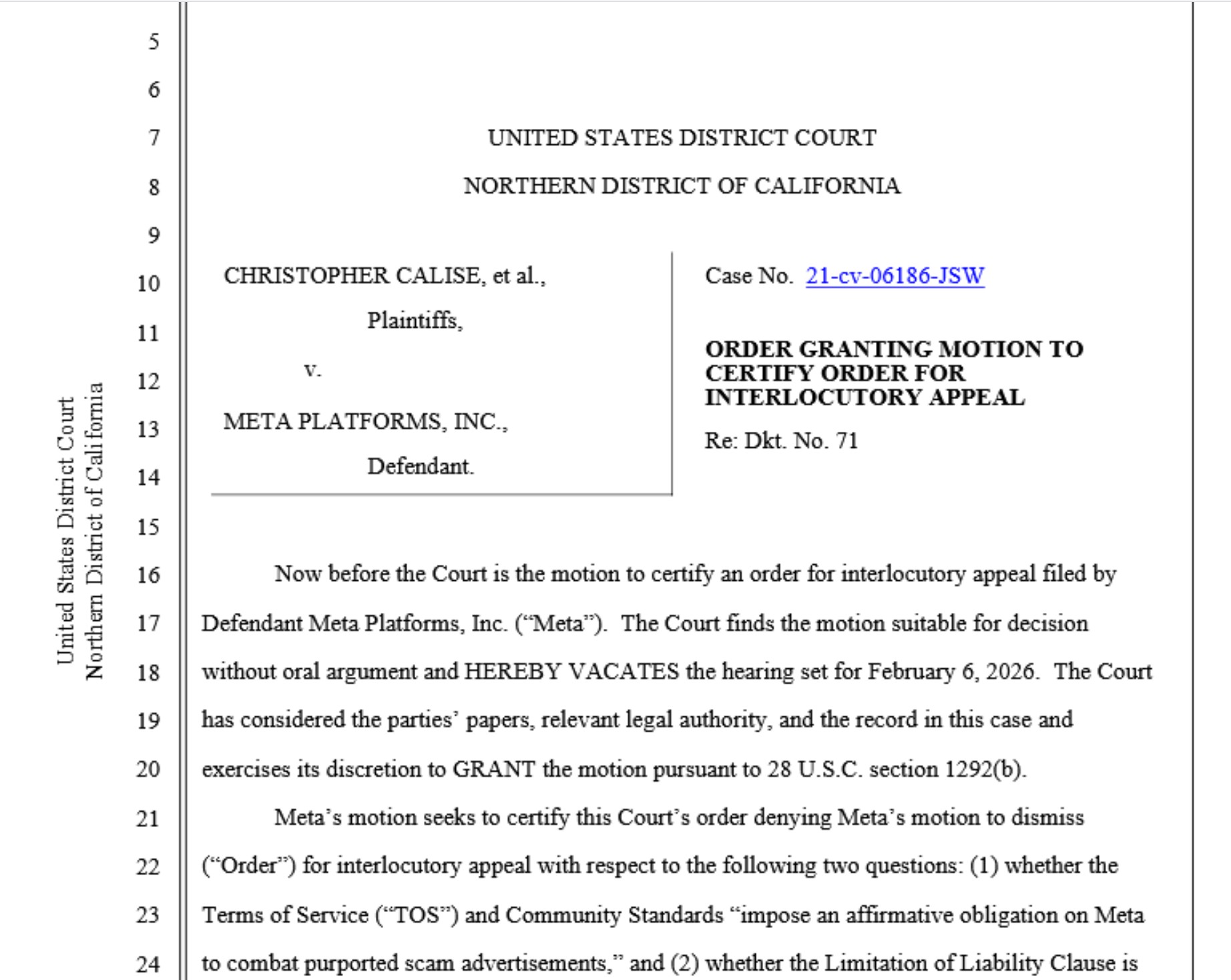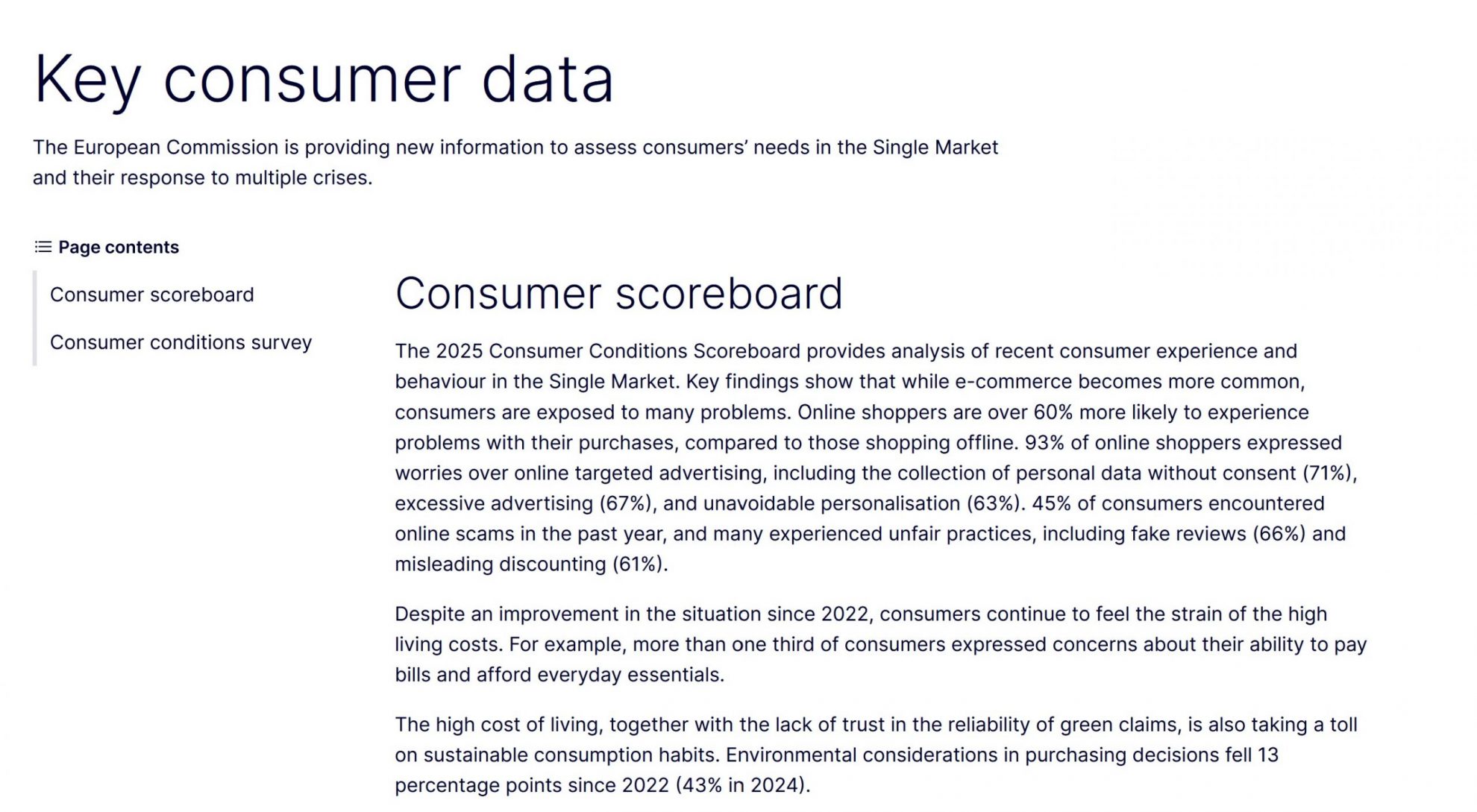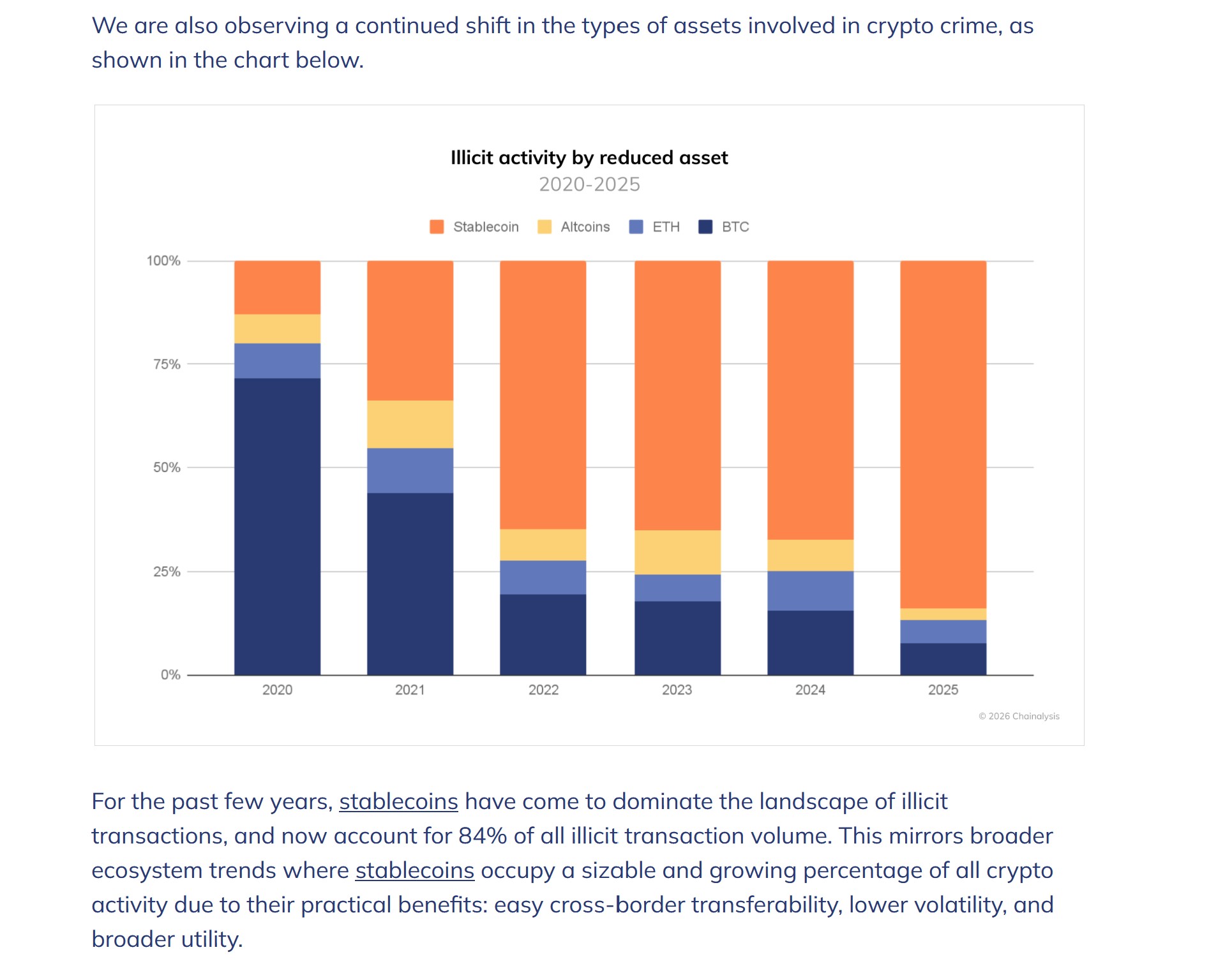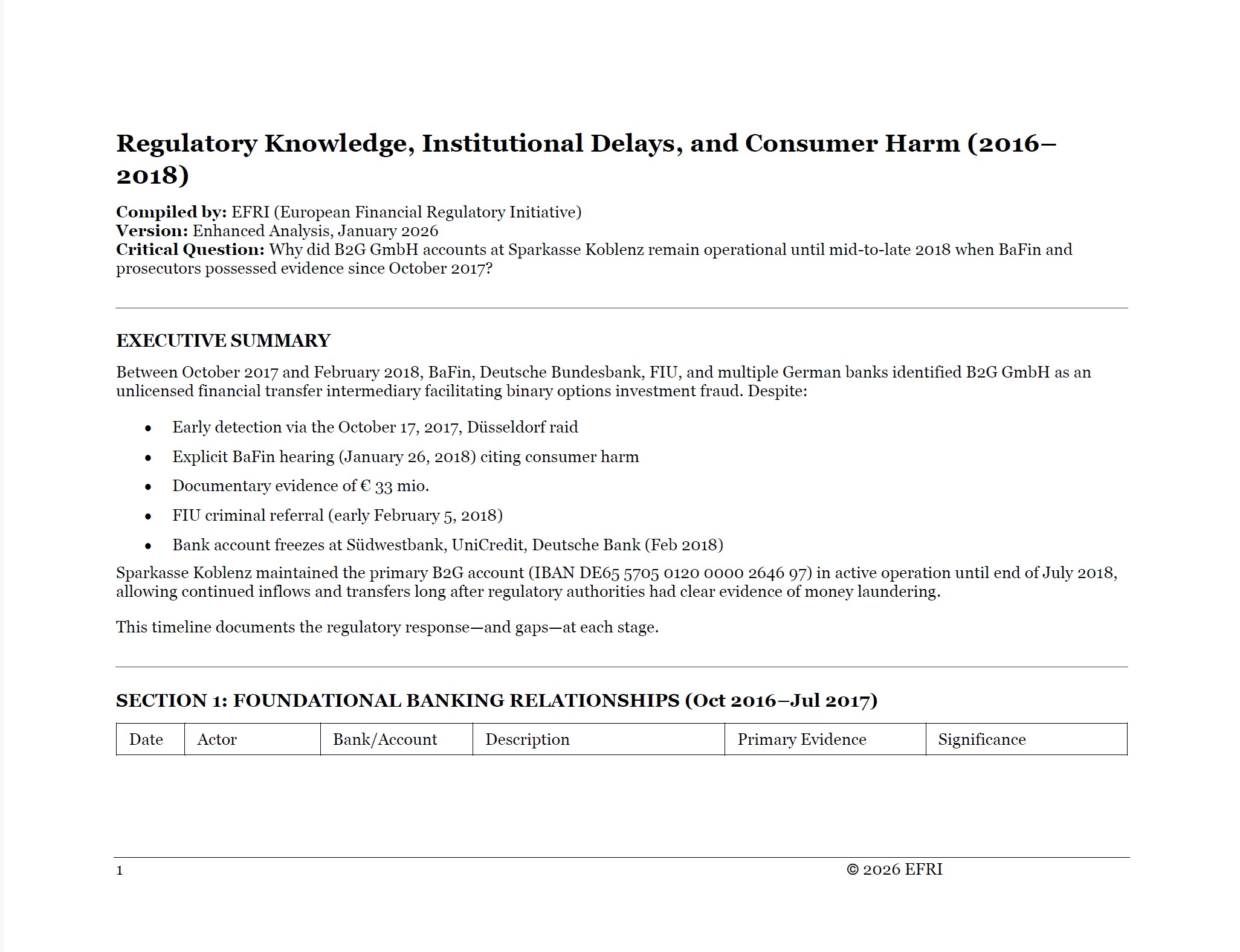For years, Telegram has been recognised as a hotspot for financial cybercrime. Cybercrime is thriving on Telegram, the popular messaging platform, with an increasing number of cybercriminal actors choosing the encrypted messaging app as a viable alternative to the dark web. For cybercriminals to shop on Telegram, there are both benefits and drawbacks. In comparison to the considerable time and effort required to establish and maintain a deep/dark web location, setting up a Telegram channel is a relatively quick and easy process. These channels are searchable and easy to join.
Within dedicated Telegram channels, actors buy and sell compromised credit cards and bank logs (bank account details) to cashouts, that is, taking control of the compromised bank accounts to empty them of their funds fully. And, of course, money transfer services are offered and requested on Telegram channels, specifically for German bank accounts (for example, with Deutsche Bank), where a commission of up to 5%
But it is not only about financial crime. In addition, terrorist organisations, drug sellers, weapons dealers and far-right extremist groups have used the messaging app for communicating, recruiting and organising their crimes for years.
Arrest for Telegram*s CEO!
Telegram has long been on the radar of law enforcement agencies worldwide. Nevertheless it came as a surprise to many when Pavel Durov, the CEO and founder of Telegram, was arrested by French authorities on August 24, 2024 at Le Bourget airport near Paris. The arrest was made based on allegations of financial crimes and other illegal activities occurring on the Telegram platform.
French authorities detained Durov on suspicion of failing to take adequate steps to prevent criminal use of Telegram. Specifically, he is accused of complicity in:
- Money laundering
- Drug trafficking
- Distribution of child sexual abuse material
- Cyberbullying
- Organised crime
- Promotion of terrorism
The arrest warrant was issued by OFMIN, a French agency that combats violence against minors. Prosecutors allege that Telegram has not sufficiently cooperated with law enforcement regarding these illegal activities on its platform.
Telegram´s Response
Following Durov’s arrest, Telegram quickly issued an official statement defending both its CEO and the company’s practices. The platform, known for its commitment to privacy, denied the accusations and responded with the following key points:
- Compliance with Industry Standards: Telegram asserts that its content moderation practices are “within industry standards” and continuously improving. The platform has developed mechanisms to identify and remove illegal content while maintaining its commitment to privacy.
- Absurdity of Blame: The company argues it is “absurd” to hold a platform or its owner responsible for the actions of its users. Telegram emphasises that no platform can entirely prevent user abuse, and it should not be held liable for users who misuse the service.
- EU Compliance: Telegram points out its adherence to European Union regulations, including the Digital Services Act, which governs content moderation and platform responsibilities within the EU.
- Global User Reliance: The statement highlights that nearly 1 billion users worldwide depend on Telegram for secure communication, underscoring the platform’s importance to global freedom of speech and expression.
Background information
Pavel Durov, 39, has long been regarded as a visionary in the tech world, founding Telegram in 2013 after a high-profile departure from his previous venture, VKontakte, the Russian social media giant. Durov, a billionaire entrepreneur, has since positioned Telegram as a platform that prioritises privacy and free speech.
Durov holds dual citizenship in France and the United Arab Emirates, and he currently resides in Dubai, where Telegram’s headquarters are located.
Telegram boasts a user base of 800-900 million active users globally. The platform has seen massive growth in regions such as Russia, Ukraine, and other former Soviet states, where it has become the go-to application for secure messaging.
Debate on Content Moderation and Privacy!
Durov’s arrest underscores the broader, ongoing debates surrounding content moderation, privacy, and the legal responsibilities of tech platforms. With Telegram’s staunch commitment to user privacy and encrypted messaging, this case has fueled concerns about the delicate balance between safeguarding users’ rights to privacy and the need for companies to prevent criminal misuse of their services.
Governments across the world, particularly in Europe, have pushed for more stringent regulations to hold tech platforms accountable for user-generated content, which includes illegal activities such as terrorism, child exploitation, and organised crime. However, the tech industry often argues that platforms should not be treated as direct enablers of crime due to the sheer scale and volume of communication they handle
What's next?
The arrest of Durov has drawn significant international attention, particularly from Russia, where the platform plays a crucial role in daily communications. The Russian embassy in France has formally requested an explanation from French authorities, demanding clarity on the charges and the future of the case.
As of August 26, 2024, Pavel Durov remains in custody and is being questioned by French police. The investigation is ongoing, and no formal charges have yet been filed, but the case has already sparked a global conversation on the responsibilities and limitations of tech companies in moderating user content.
As Durov’s case unfolds, it is expected to bring further scrutiny to Telegram and other messaging platforms that prioritise user privacy. Whether Durov faces formal charges or is released, the situation is likely to have far-reaching consequences for how tech companies cooperate with law enforcement and comply with regulations aimed at preventing criminal activities online


